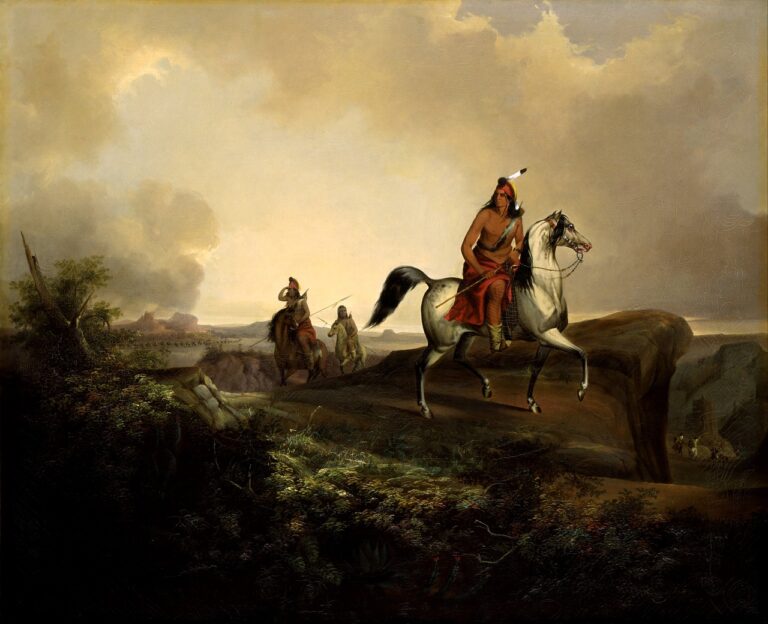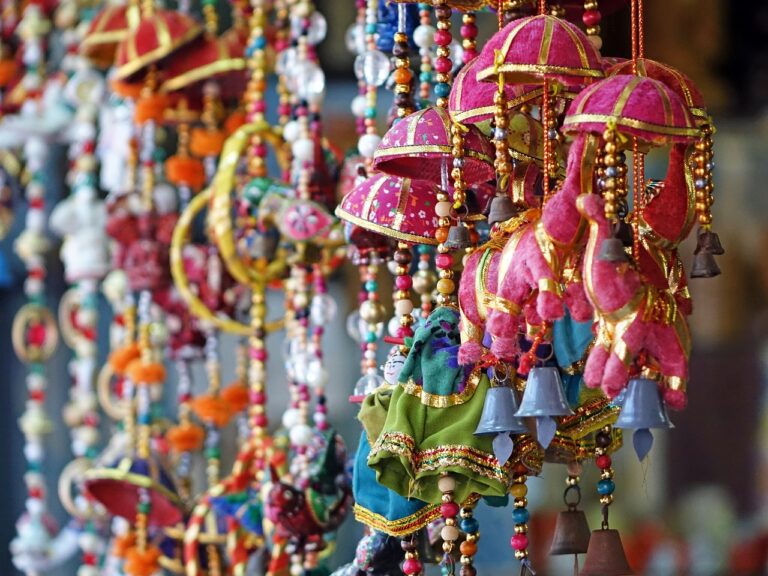Promoting Poll Worker Diversity for Inclusive Election Administration: 99 exchange login password, Laser 247 sign up, Yolo 247
99 exchange login password, laser 247 sign up, yolo 247: Promoting Poll Worker Diversity for Inclusive Election Administration
Are you passionate about democracy and ensuring that every eligible voter has the opportunity to cast their ballot? One crucial way to make this a reality is by promoting poll worker diversity for inclusive election administration. By having a diverse group of individuals working at polling stations, we can help create a more welcoming and inclusive voting experience for all.
Why is diversity among poll workers important?
1. Reflecting the community: Having a diverse group of poll workers helps ensure that the people working at polling stations represent the community they serve. This can help build trust and confidence among voters, especially those from marginalized communities who may feel more comfortable interacting with someone who looks like them.
2. Language access: In diverse communities where multiple languages are spoken, having poll workers who are fluent in different languages can help ensure that language barriers do not prevent anyone from exercising their right to vote.
3. Cultural competence: Poll workers who come from different backgrounds bring a range of experiences and perspectives to the table. This can help them better understand and respond to the needs of voters from diverse backgrounds, making the voting process more accessible and equitable for all.
4. Building trust: When voters see poll workers who reflect their community, they are more likely to trust the election process and feel confident that their voices will be heard. This can help increase voter turnout and civic engagement among all members of the community.
How can we promote poll worker diversity?
1. Outreach and recruitment: Election officials can actively recruit poll workers from diverse backgrounds by partnering with community organizations, colleges, and religious institutions. By reaching out to a wide range of potential volunteers, we can ensure that our poll worker teams are representative of the communities they serve.
2. Training and support: Providing comprehensive training and support for poll workers is essential to their success on Election Day. This includes education on voter rights, election procedures, and cultural competence. By investing in the professional development of poll workers, we can help ensure that they are prepared to serve all voters effectively.
3. Incentives: Offering incentives such as paid time off, stipends, or community service hours can help attract a more diverse group of poll workers. By recognizing and valuing the contributions of poll workers, we can encourage individuals from all backgrounds to participate in the democratic process.
4. Flexibility: Recognizing that not everyone can commit to a full day of work at the polls, election officials can offer flexible scheduling options for poll workers. This can help accommodate individuals with varying work, childcare, or transportation needs, allowing more people to participate in this important civic duty.
FAQs
Q: Do poll workers need to have previous experience?
A: While previous experience is helpful, it is not always necessary. Election officials provide training to all poll workers to ensure they are prepared for their duties on Election Day.
Q: Can high school students serve as poll workers?
A: Yes, many states allow high school students to serve as poll workers. This can be a valuable learning experience for young people and help promote civic engagement among the next generation of voters.
Q: How can I get involved in promoting poll worker diversity in my community?
A: Reach out to your local election office to inquire about opportunities to volunteer as a poll worker or assist with outreach efforts. By getting involved, you can help make our elections more inclusive and representative of all members of the community.







